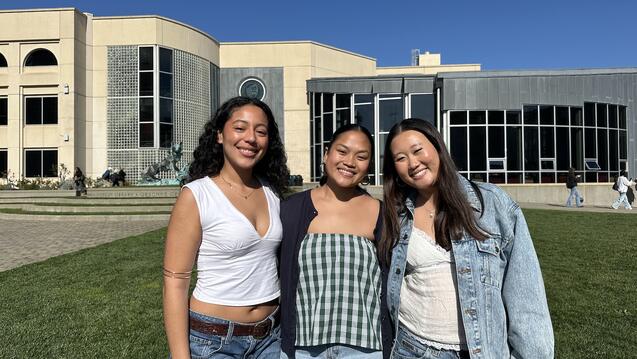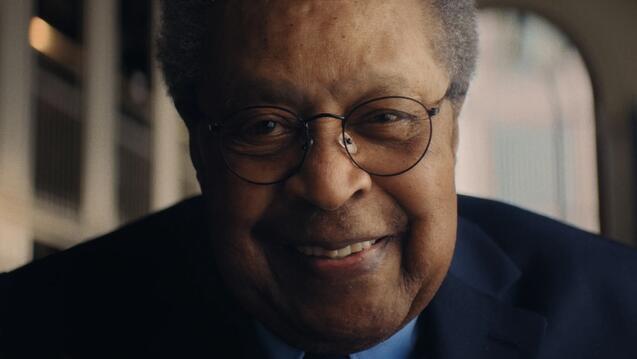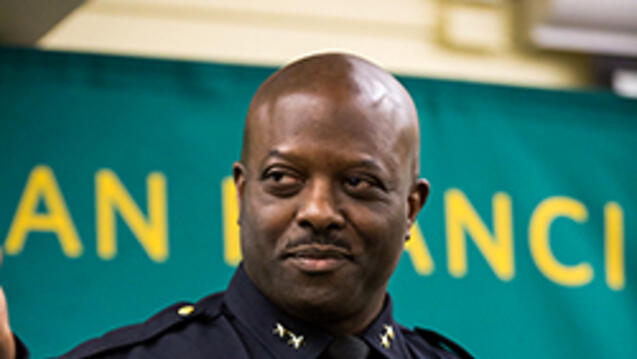
Law Enforcement Leadership Symposium: A Critical Look Into Police Culture
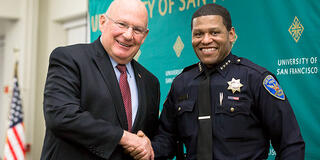
A deep look into the behind-the-scenes of the law enforcement community and the importance of ethical leadership and accountability were subjects of the Law Enforcement Leadership Symposium this year.
On the fourth and fifth of January, over 220 people gathered at USF for the 23rd annual Law Enforcement Leadership Symposium, a series of panel discussions on timely issues in law enforcement. Last year, the symposium focused on the use of force in policing and movement toward reformation. This year’s attention was on “Police Culture.”
The symposium was curated by retired SF police chief, professor, and director of the USF International Institute of Criminal Justice Leadership, Anthony Ribera.
Police culture has traditionally been a brotherhood and a sisterhood of mutual support... It’s a positive thing in that it makes the job more social, a camaraderie, where we share similar values, where we share concerns… what concerns members of the community: does that internal relationship in organizations preclude officers from critiquing their fellow officers?"
Anthony Ribera, USF Professor, International Institute of Criminal Justice Leadership Director
Because of this conflict, Ribera explained the necessity for balance in the criminal justice community. “I personally think that the emphasis needs to be on service to the community, that police officers exist to create public safety,” he said.
The keynote speaker for this year’s symposium was chief of the San Francisco Police Department, William Scott, who was appointed by the late Mayor Edwin Lee.
Leadership, in my opinion, is probably one of the most important ingredients to promote a strong culture in our organization, and not just at the chief or executive level, but leadership has to permeate through the organization."
William Scott, San Francisco Police Department Chief
Ribera spoke highly of Scott’s presentation, “Change Agent,” which focused on the transformation of police culture. Scott addressed the audience, “I think most of us would agree that in our profession, change is not easy.” For him, change is something familiar and has been an actively present part of his career.
After graduating from the police academy in 1991, Scott was working with the Los Angeles Police Department during the time Rodney King was assaulted by a group of law enforcement officers. “It was an organization that had to change,” said Scott. His presentation involved providing the historical perspective of change in culture, defining police culture itself, and transformation strategies on how to be change agents in police culture.

Another panel at the symposium was “The Broken Windows Theory of Police Discipline,” which SFPD Deputy Chief and School of Management alumnus Mikail Ali moderated. According to Ribera, the panel essentially discussed how well-disciplined organizations have less serious incidents.
School of Management Dean Davis and President Paul Fitzgerald S.J., welcomed attendees. Fr. Fitzgerald spoke on the life, teachings, and service of St. Ignatius of Loyola. Dean Davis emphasized the importance of culture within an organization.
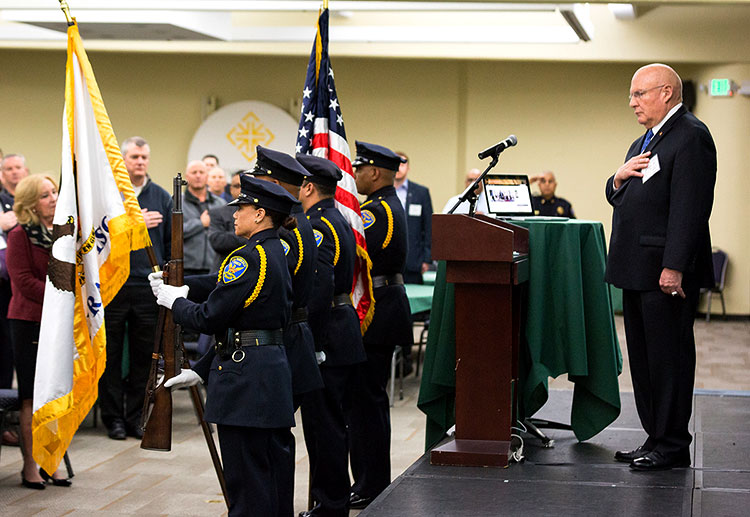
"The quip attributed to management guru Peter Drucker is that 'Culture eats strategy for breakfast.' Research today would indicate there is no more important element in an organization than the culture you actually develop… It is the DNA of organizational belonging, and most importantly it is the source that really fuels strategies, organization, and ultimately, success."
Elizabeth Davis, School of Management Dean
By Lonny Wysard
